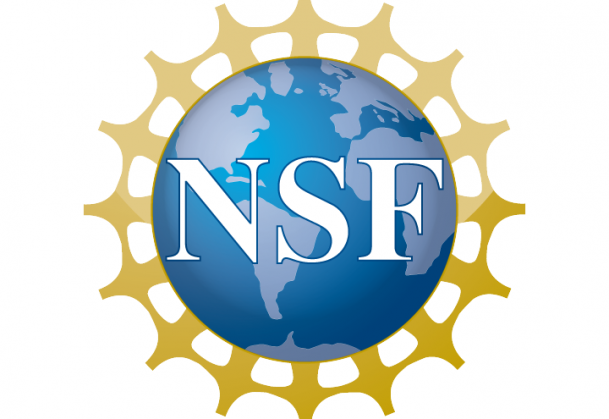Propose a Topic for the NSF Convergence Accelerator by 6/24

The National Science Foundation (NSF) requests input on future topics for the NSF Convergence Accelerator Pilot, an initiative to facilitate multidisciplinary teams in executing fundamental research of national importance. Researchers and stakeholders from institutions of higher education, industry, nonprofits, and government entities are encouraged to submit concepts. Behavioral scientists can offer valuable information on broad topics with benefits to society and should consider proposing ideas.
The NSF Convergence Accelerator currently consists of three tracks related to NSF’s 10 Big Ideas. The Open Knowledge Network track relates to the Harnessing the Data Revolution Big Idea. The AI and Future Jobs track and the National Talent Ecosystem track relate to the Future of Work at the Human-Technology Frontier Big Idea. NSF seeks submissions of future tracks related to these two Big Ideas, other Big Ideas, or other ideas of significant national impact. The topic should have the potential to connect industry and academic researchers and have a high likelihood of producing deliverables that will benefit society.
Submissions should include a description of the topic, evidence of the research community’s readiness to address the topic, scientific and societal needs in the topic area, and stakeholders and potential for partnerships. NSF seeks topics with the potential for deliverables within two years of a research effort and impacts looking forward 10 years.
The deadline for proposing a future NSF Convergence Accelerator track is June 24, 2019.





APS regularly opens certain online articles for discussion on our website. Effective February 2021, you must be a logged-in APS member to post comments. By posting a comment, you agree to our Community Guidelines and the display of your profile information, including your name and affiliation. Any opinions, findings, conclusions, or recommendations present in article comments are those of the writers and do not necessarily reflect the views of APS or the article’s author. For more information, please see our Community Guidelines.
Please login with your APS account to comment.